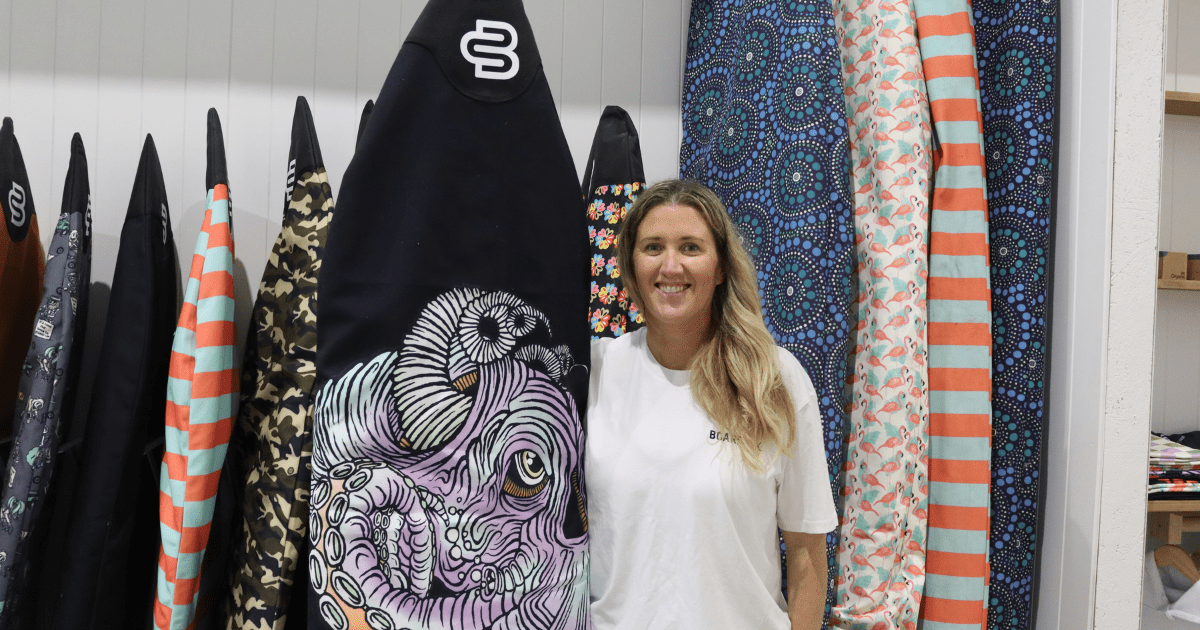History preserved in pages

Cheryl Baulch and Chris Barr established Torquay Museum Without Walls in 2015 and released History Matters, a quarterly magazine.
Time is what it takes to preserve history and Cheryl Baulch has spent hours dedicated to capturing Torquay’s as part of History Matters, a quarterly magazine now in its 10th edition.
The publication is produced by Torquay Museum Without Walls (TMWW), a foundation established by Cheryl and Chris Barr in 2015, when they wanted to make information more readily available.
“We wanted to provide access to local history 24/7. Previously, to access information you had to physically go to these locations, the State Library or Geelong Heritage Centre for example. It’s a bit hard for people particularly those who don’t live in the area or kids who want to do research but are limited to the time available,” Cheryl said.
“Chris and I felt it should be digital so that you’ve got 24 hours access anytime of the day. Our website is comprehensive with a lot more to go on there, we use a free website but now we have funds behind us through the magazine we’re looking at upgrading to self-hosting.”
Chris said the 10th edition of History Matters – distributed in digital format to their members and sold in printed format at the Torquay Newsagency – focuses on Gilbert Street.
“This edition started with a photo we received of Iliffe Anderson’s house on Gilbert Street. The next time you drive into the IGA car park in Gilbert Street, picture this little house sitting there back in the 1960s,” she said.
“The house was built by Geelong engine driver George Galbraith in 1901. Iliffe Anderson, Geelong carpenter/architect/ artist, purchased the little cottage in 1923.
“He designed several Geelong buildings, in particular the Block Buildings on the site of Geelong’s Market Square built by JC Taylor & Sons.”
Chris said the property passed through two more owners before the land was eventually sold to Tuckerbag and is just a small part of the street’s 120-year history.
“Gilbert Street is named for Frances (Frank) Edward Gilbert who was an assistant surveyor and cartographer to Mr A J Skene in the Geelong District,” she said.
“F E Gilbert’s name appears on most of the maps of the parishes around the district, including the Bellarine Peninsula. Gilbert did much of the surveying work in early Torquay and created the first maps of the area, so it seems a pretty fair thing that the little main street is named after him.”
The 10th edition details the street’s first general store built in 1897, the first post office, the tradition of the strip to close for lunch right up until the 70s.
For more, go to torquayhistory.com/ magazine and visit surfcoastimes.com.au for a longer version of this story.

















